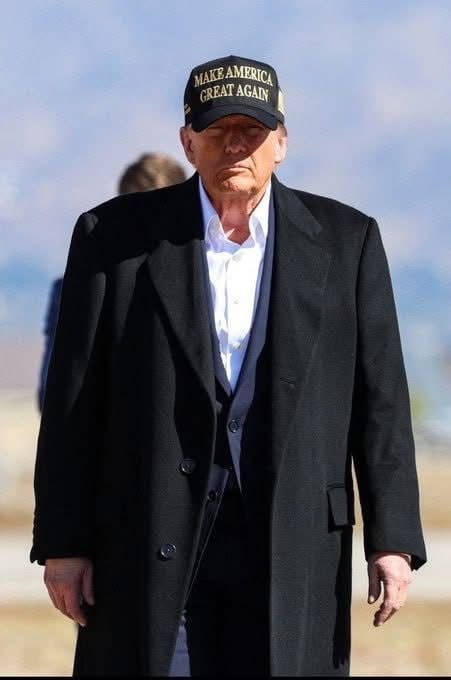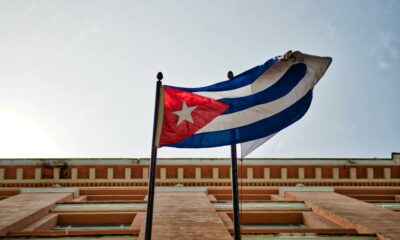News
Why African Countries Are Accepting Deportees From the US

Why African Countries Are Accepting Deportees From the US
A growing number of African countries have agreed to take in deportees from the United States, often under deals shrouded in secrecy. These arrangements raise questions about aid dependency, political leverage, and the balance between national interests and human rights.
Uganda: Aid and Political Backing
Uganda, which already hosts one of the world’s largest refugee populations, has reportedly agreed to accept deportees. The deal is unclear, but analysts point to the country’s heavy reliance on US assistance, particularly for HIV-AIDS programmes.
Opposition leader Robert Kyagulanyi, better known as Bobi Wine, said Uganda’s government is “desperate” for US support and may be trading cooperation for aid and political legitimacy.
South Sudan: Sanctions and Goodwill
South Sudan accepted eight deportees in July, though only one was a South Sudanese national. The US described the group as “violent criminal illegal aliens.”
In return, Washington lifted visa restrictions previously imposed on South Sudanese officials. Activists in Juba suggest the government is hoping for broader relief, including the removal of an arms embargo. The foreign ministry framed its decision as a “gesture of goodwill” and humanitarian cooperation.
Rwanda: Development Assistance
Rwanda has also struck a deal, taking 250 “vetted” migrants from the US, with the first group already arriving. While the terms remain secret, comparisons are being drawn to Rwanda’s scrapped 2022 agreement with Britain, which promised hundreds of millions in development assistance.
Eswatini: Speculation and Rights Concerns
Eswatini accepted five deportees described by US officials as having committed “uniquely barbaric” crimes. Civil society groups suspect the monarchy was promised trade benefits or reduced international criticism of its rights record, though details remain speculative. Rights activists argue the Trump administration is exploiting weaker democracies where there is little pushback.
Beyond Africa: El Salvador Example
The practice is not limited to Africa. El Salvador’s President Nayib Bukele has accepted hundreds of deportees this year, including Venezuelans. His cooperation has strengthened ties with Washington, even as his government faces criticism over mass arrests and rights abuses.
What is Driving These Deals?
Experts say these deportation deals are less about managing migration numbers and more about political messaging. The Department of Homeland Security reported 1.6 million departures in Trump’s first 200 days, a figure barely impacted by African or Latin American agreements.
“This is about deterrence,” said Kathleen Bush-Joseph from the Migration Policy Institute. “The US wants people to self-deport or think twice before attempting to cross the border.”
The Bigger Picture
For African governments, accepting deportees appears to be a calculated trade: short-term political or economic benefits in exchange for compliance with Washington’s agenda. For rights groups, the lack of transparency raises fears that vulnerable nations are being pressured into deals that may compromise human rights and sovereignty.
{Source: TheSouthAfrican}
Follow Joburg ETC on Facebook, Twitter , TikTok and Instagram
For more News in Johannesburg, visit joburgetc.com



























